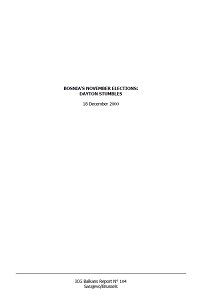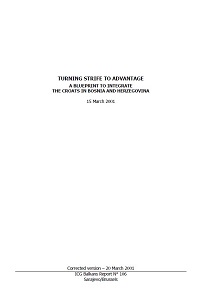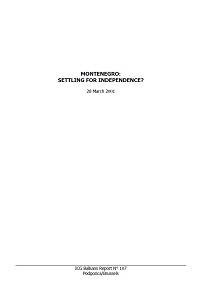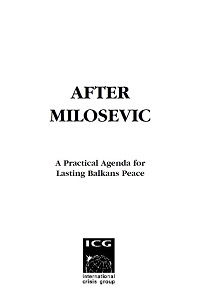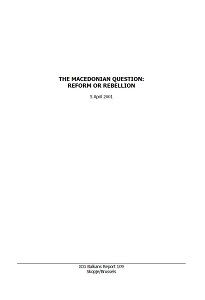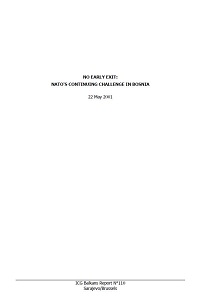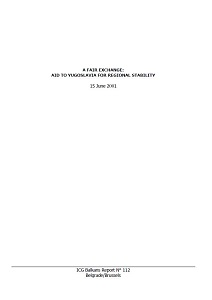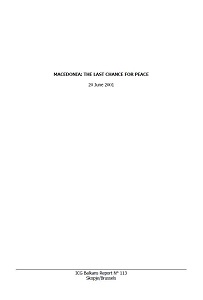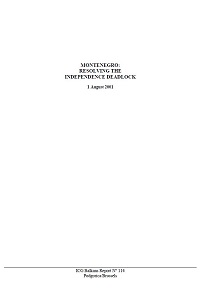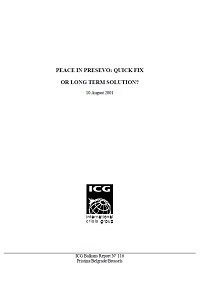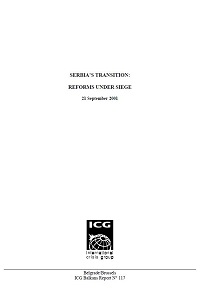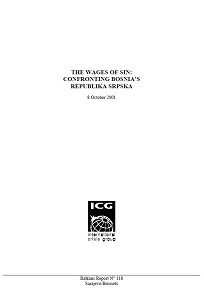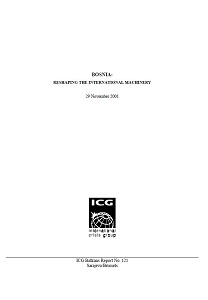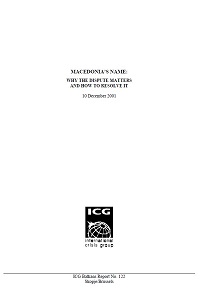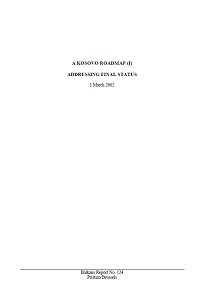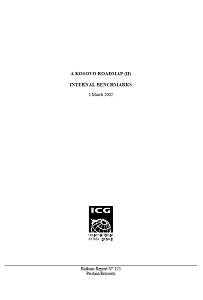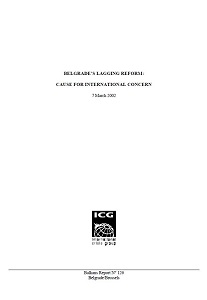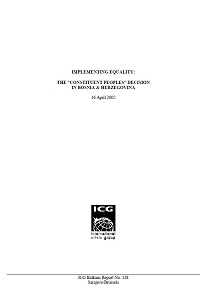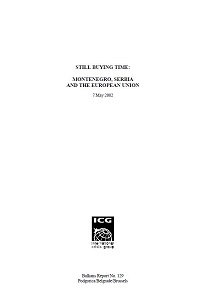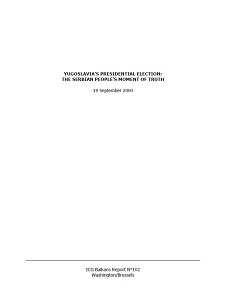
YUGOSLAVIA’S PRESIDENTIAL ELECTION: The Serbian People’s Moment of Truth (ICG Balkans Report N°102)
At the time of ICG’s last writing, opinion polls were showing that 50 per cent of the electorate was undecided as to its choice for the Yugoslav presidency.4 We reported that the situation was extremely volatile and could change virtually overnight, and this is precisely what has happened. For the first time since Milosevic came to power in 1989,5 a candidate put forward by a largely unified opposition has developed a large popular following and opened a wide lead in opinion polls.6 Despite a regime crackdown and an aggressive anti-opposition propaganda campaign, Serbia’s sundry opposition forces have at last been galvanised and are optimistic about winning a majority of votes genuinely cast.
More...
